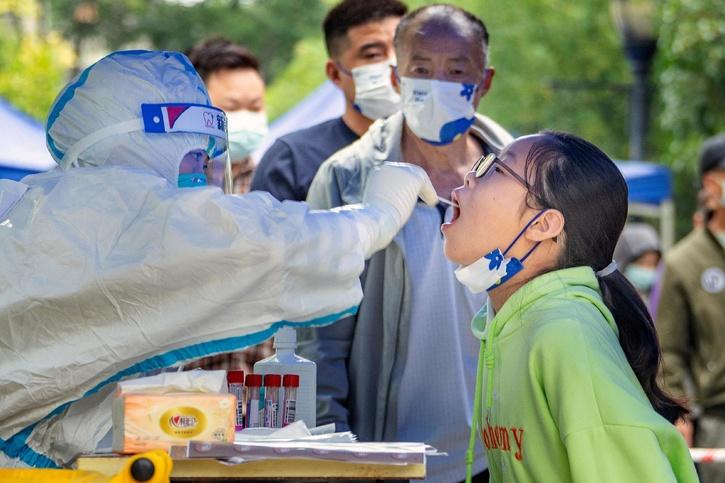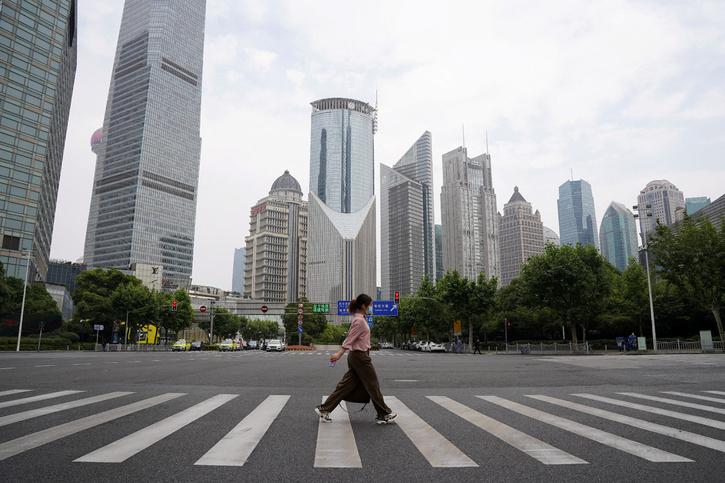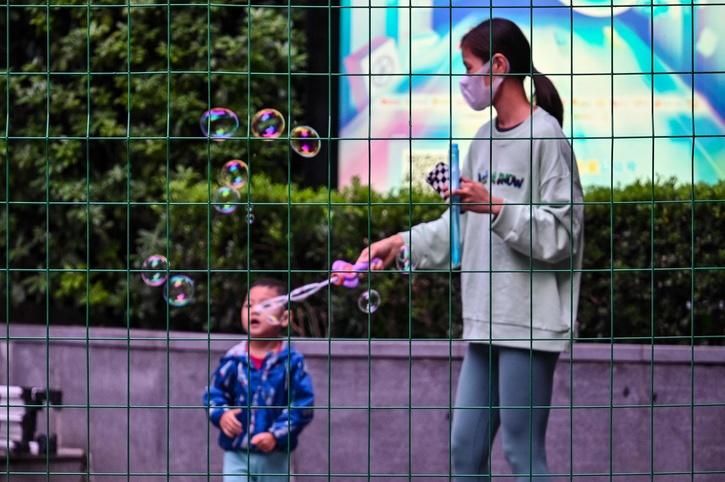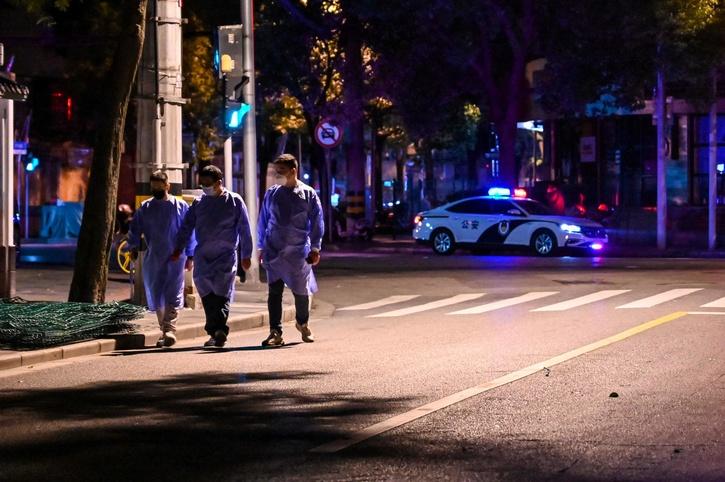Highlights
- China has imposed fresh lockdowns and travel restrictions across the country amid a rise in COVID-19 cases.
- The World Health Organisation had warned against the highly infectious BF.7 subvariant, suggesting that it could become the new dominant variant.
- According to the reports, BF.7 has also been spreading in Belgium, Germany, France, Denmark, and England.
While the world has largely forgotten about COVID-19, in China, where it was first detected, things seem to be going back to back to square one, at least in some areas.
China has imposed fresh lockdowns and travel restrictions across the country amid a rise in COVID-19 cases.

Two new variants spreading in China
This follows the detection of new Omicron sub-variants in the country – BF.7 and BA.5.1.7, which are highly infectious with greater transmissibility.
BF.7 (also known as BA.2.75.2) is a sub-lineage of the Covid Omicron variant BA.5.2.1. According to local reports, the BF.7 was detected on October 4 in Yantai and Shaoguan city.
The subvariant BA.5.1.7 was detected in the Chinese mainland for the first time, as reported by Global Times.

BF.7 subvariant : next dominant strain
China’s national health commission on October 12 reported 1,760 new local infections for the previous day, including cases from cities like Beijing, Shanghai, Shenzhen, and Xian.
Officials from the northern Chinese province of Shandong said that since October 4 locally-transmitted COVID-19 cases were triggered by variant BF.7.
The World Health Organisation had warned against the highly infectious BF.7 subvariant, suggesting that it could become the new dominant variant.
According to the reports, BF.7 has also been spreading in Belgium, Germany, France, Denmark, and England.

China’s Zero-COVID policy
Though the number of new infections is not alarming, China has been following a zero-COVID policy.
There is growing public pressure on the Chinese Government to relax its zero-Covid policy given the downturn in the country’s economy, reported local media.
However, the discussions during the ongoing 7th Plenary session of the 19th Central Committee of the Chinese Communist Party (CCP) are, inter alia, focussed on the party’s resolve to continue with the stringent zero-Covid policy even after the 20th National Congress of CCP.

This was also echoed by the Party’s mouthpiece ‘People’s Daily’ which urged (October 10) the public to “show patience” with the zero-Covid policy for cutting all virus transmission chains.
New COVID surge ahead of CCP’s meet
The People’s Daily call for patience has dampened the hopes of the public that Covid-related restrictions would be eased after the Congress.
Meanwhile, holiday spending during China’s Golden Week has plunged to its lowest level in seven years, as broad Covid curbs discouraged people from traveling or spending, while a darkening economic outlook continues to erode consumer confidence.
Last month the WHO said that the end of the COVID-19 pandemic is in sight but added that further waves and new virus variants will happen.

